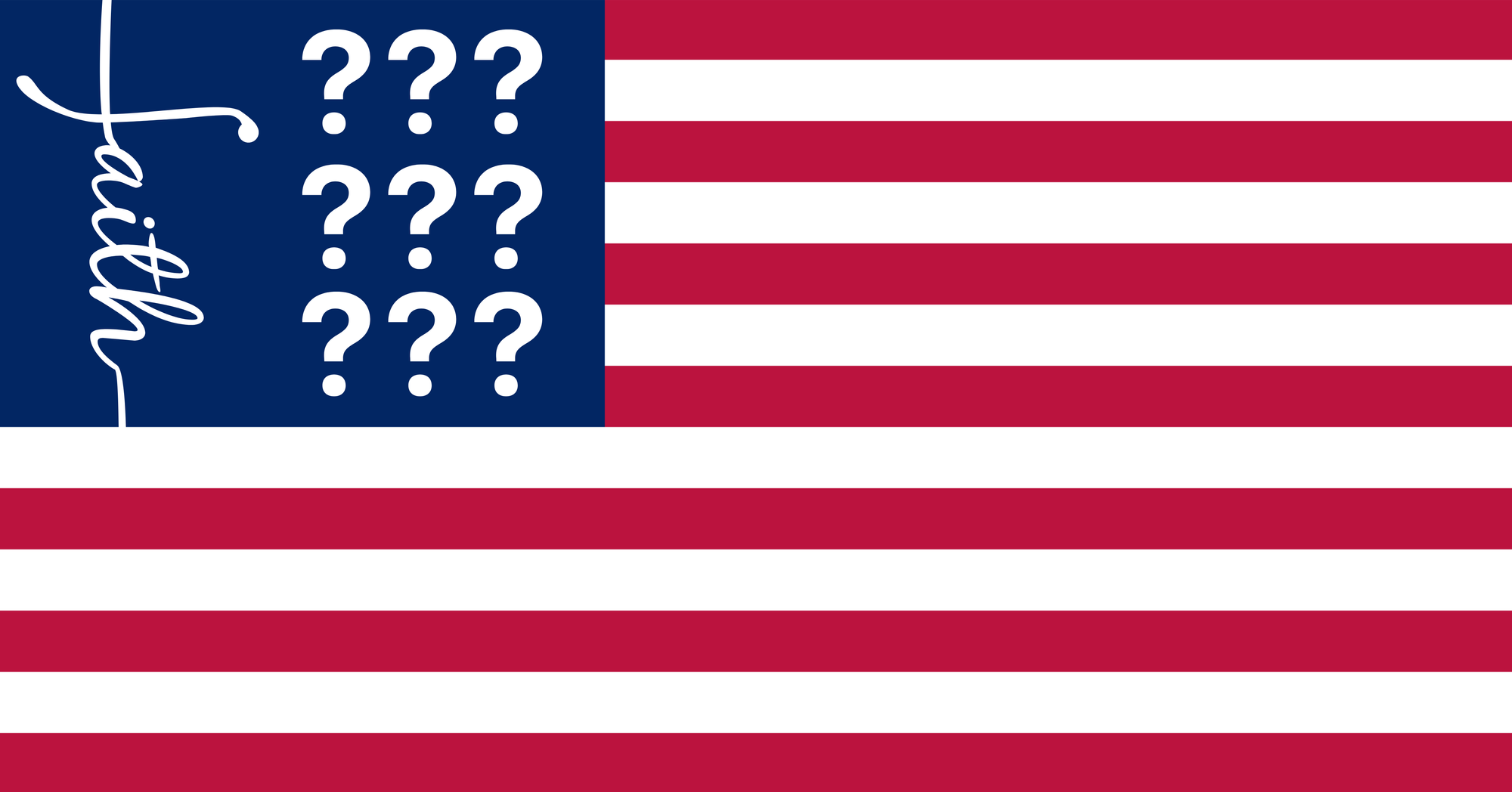A View Toward UpLift: On Engagement & Faith in Trying Times
UpLift Chronicles' A View Toward UpLift opinion column highlights the value of critical engagement and faith during election season and well beyond.

Disinformation and misinformation surround us all the time but their voices get even louder and take up more space as election season nears. So UpLift Chronicles is taking a closer look at both of these types of untruths to empower ourselves and our community to seek out, identify and promote truth and effectively combat efforts to mislead us.
Disinformation vs. misinformation
Misinformation and disinformation both refer to information that’s inaccurate or untrue. Disinformation is distinguished by its intention to mislead in order to influence beliefs and behaviors. If a hypothetical political party spreads lies about an opposition candidate with a goal of discouraging that candidate’s supporters or siphoning off votes for their own candidate, that’s disinformation.
Media literacy as first line of defense
In that hypothetical example—which bears a striking resemblance to our current reality—information is being weaponized to achieve a partisan political goal. Whenever and wherever such disinformation exists, our collective and individual media literacy skills comprise the primary line of defense against bad actors.
Beyond plugging info into a fact-checking site like Politifact or Snopes, media literacy provides us with questions we can ask ourselves to identify truth or lack thereof.

Authorship
Who said this or created this?
Purpose
Why was this said or created and who’s the target audience?
Economics
Who paid for or profits from this?
Content
What does this want me to think or do?
What are the obvious meanings, what’s implied and what’s being left out?
Interpretation
What is my interpretation and how might others interpret this differently?
Responses
How does this make me feel and are my emotions influencing my interpretation?
If I choose to respond, what proactive actions could I take?
Credibility
Is this a fact or an opinion and is the source credible?
In addition to critically examining info and messaging, UpLift Chronicles recognizes the role faith must play in manifesting positive, transformative futures we don’t yet have a frame of reference for. On a recent episode of “The Daily Show,” Dr. Brittney Cooper summed up this nuanced perspective.

Faith’s role in creating change
Cooper, an associate professor at Rutgers, said, “Ultimately, faith is not just a religious project. It’s a secular project, and it simply means that we have to believe in things that we have not seen before in order to bring them about. Faith is the distance between what we can prove and what we think is possible. And sometimes we struggle to have faith because we don’t want to be wrong and we don’t want to be made a fool of.”
Be a fool for truth & justice
Existing outside partisan politics, UpLift Chronicles endeavors to raise up shared values within our communities, critically engage messaging that intends to stoke division and isolate us, and uplift the role faith must play in protecting, strengthening and transforming our communities, our democracy, and overarching American culture.
A View Toward UpLift reflects the opinions of the UpLift Chronicles Editorial Board. Our newspaper’s contributors hold diverse perspectives and viewpoints. This opinion column aims to discuss news and issues and pose questions that are relevant to local communities and our overarching readership.
